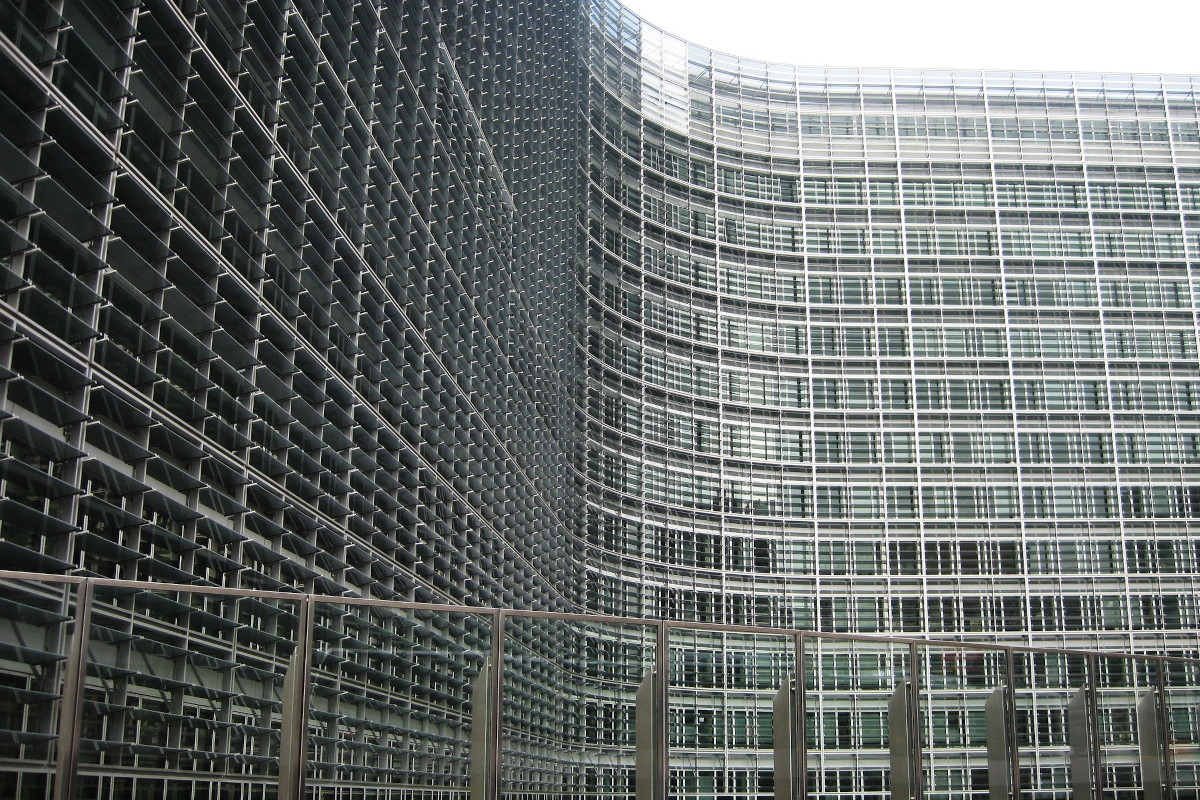Longstanding failings in police databases likely to worsen under new deportation law
Topic
Country/Region
12 June 2025
The EU’s new deportation law will expand a database that has long led to abuses and rights violations, particularly in relation to the right to data protection.
Support our work: become a Friend of Statewatch from as little as £1/€1 per month.
With the EU’s much-decried Migration Pact adopted and being put into action, another piece of immigration legislation is on the negotiating table: a law on deportations known as the ‘Return Regulation’.
EU Commissioner for Internal Affairs and Migration, Magnus Brunner, told the European Parliament that the ‘fragmentation’ of member states’ national deportation systems necessitates a “common system” to better enforce the law – and to deport more people.
To achieve this, the deportation law proposes establishing a “European Return Order” (a standard, EU-wide deportation order). By 2027, it is supposed to ensure the mutual recognition and enforcement of removal decisions across all EU member states.
Information about deportation orders will be stored in the Schengen Information System, the EU’s largest immigration and policing database. Since the system began operating, the Commission has always claimed that it follows “strict requirements on data quality and data protection.” The individual concerned should be able to access their file, and rectify or delete any incorrect or unlawful data.
Statewatch‘s investigations show that member states are not respecting these rules. Furthermore, EU authorities are aware of the problem and have done nothing to address it.
In March, Statewatch published an article showing how Italy has systematically violated migrants’ data protection rights:
- Italy has consistently registered the majority of alerts on people in the system – over 20%. In 2023 alone, that amounted to 212,543 alerts on persons.
- In 2023, 4,636 requests were filed with the Italian authorities by individuals seeking access to their file, all of which were refused.
- A document obtained by Statewatch shows that the Italian authorities did not deny people access to their files by arguing it was against the law, but by claiming they did not hold any data on the person.
A follow-up article in May examined an official report that said several member states were failing to uphold the SIS II data protection requirements:
- Before May 2018, law enforcement authorities were able to take their own decisions on how to respond to an access request for a file in SIS II.
- After that date, new European data protection laws gave independent authorities the task of assessing appeals against refusals of access, and granted them access to the reasons given by law enforcement authorities for refusing access.
- However, a report by the authority in charge of ensuring harmonised data protection safeguards in the EU says that “some” member states did not adapt their laws or practices, leaving individuals without an effective remedy.
Romain Lanneau, a researcher for Statewatch, comments:
“The new deportation law has a host of its own problems, including on data protection, which will only make a bad situation worse. The aim is to deport more people from the EU, meaning more violations of multiple fundamental rights – including the right to data protection.
It appears that those in power are content with increasing deportations, even if that means violating the values they supposedly stand for. “
Our work is only possible with your support.
Become a Friend of Statewatch from as little as £1/€1 per month.
Further reading

EU states failing to uphold immigration data safeguards amidst renewed push for deportations
EU member states are violating laws designed to protect individuals from data abuse by police and immigration authorities, according to an official report. This should be a major cause for concern, given plans to introduce new laws to deport more people and ban them from returning to the EU. However, the report does not even name the countries that are failing to follow the law, posing massive challenges for democratic scrutiny and accountability.

Italy: The end of the systematic denial of data protection rights?
Italy has been systematically denying people access to data about them stored in Europe’s largest policing and immigration database, statistics obtained by Statewatch show. Much of the data in question concerns entry bans and deportations orders. Knowing what information is stored is vital for peoples’ livelihoods and even their survival. EU institutions have known for years that mechanisms for the protection of individual rights were lacking. Now, victory in a long legal struggle may force the Italian state to comply with its obligations.
Spotted an error? If you've spotted a problem with this page, just click once to let us know.


